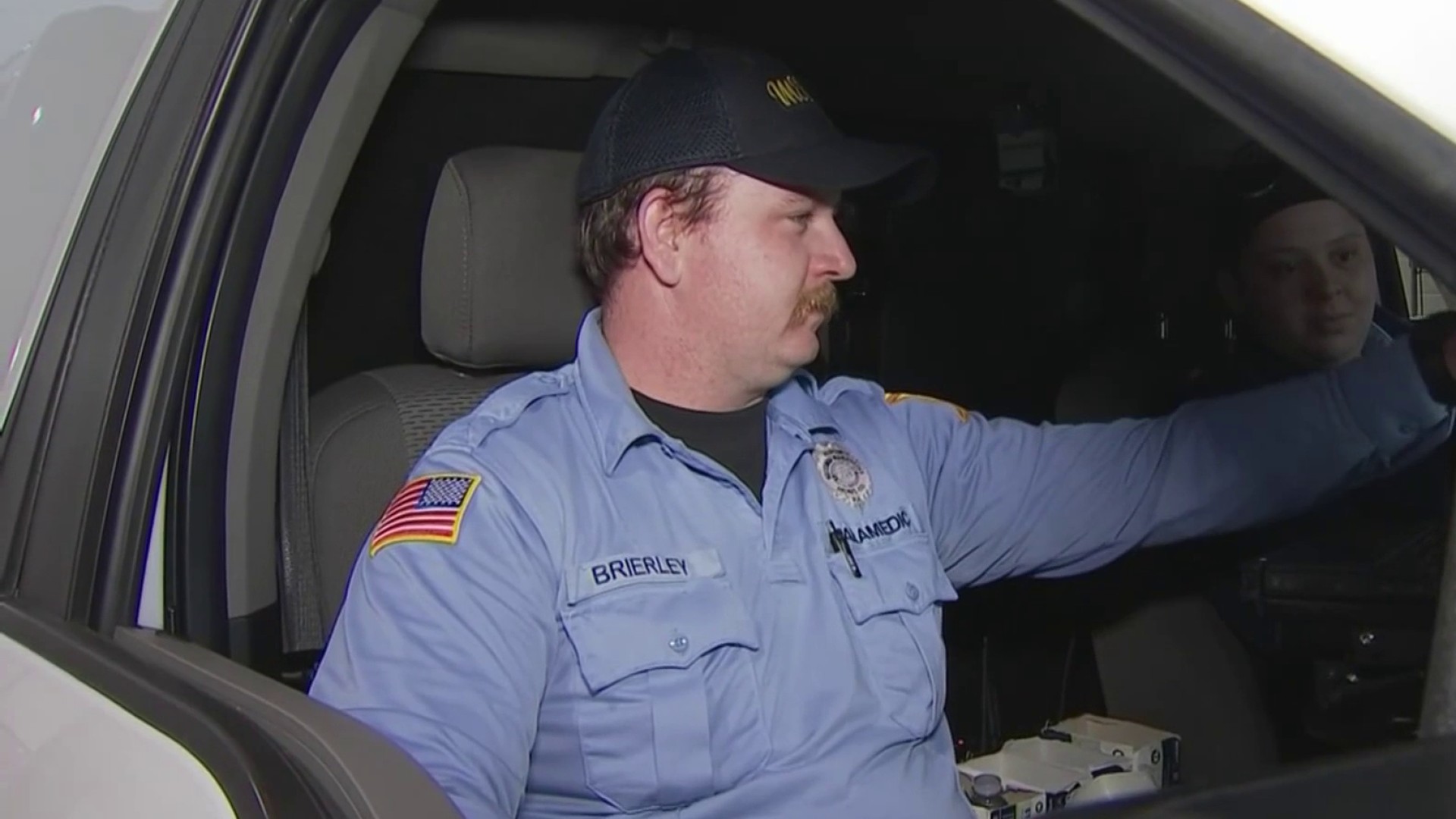Right-to-know requests from a private citizen recently uncovered an alarming lack of accountability and oversight in the finances of the Oley Valley School District.
Among the findings were vague bookkeeping methods, unchecked lines of credit at area stores without district officials' knowledge and bills for meals at upscale restaurants not being filed properly.
School officials were dismayed by what resident Cindy Smith brought to light with her requests, and changes have since been made to correct several problems she uncovered.
The battle for information was waged using the state's Right-to-Know Law.
The law was rewritten in the 2007-2008 legislative session. It eased access to government files and created the state Office of Open Records.
Among records around the state that the office has ordered released are inspection reports of school cafeterias and paperwork showing a single lawsuit had cost taxpayers more than $250,000 in legal fees.
State lawmakers are preparing to again revamp open records regulations under a proposal by Senate Majority Leader Dominic F. Pileggi, a Republican representing portions of Chester and Delaware counties.
Pileggi was the prime sponsor of the legislation five years ago that started the office and made the only major changes in open records law in more than five decades.
The largest change was that it became the duty of the government to prove a record should not be public. Previously records were presumed closed unless a citizen proved that the public should have access to them.
Current proposed changes include forcing some higher education institutions that receive state funding to comply with records requests.
Some legislators are considering limiting the number of records requests from prison inmates, marketing companies and so-called nuisance filers who take up the time of government employees.
Almost a third of all appeals to the Open Records office are from inmates.
"We thought limiting their requests directly to terms of their own incarceration or to their health would benefit the office, and we would define what access people have while incarcerated," Pileggi said.
Terry Mutchler, a lawyer and former journalist who is executive director of the state Open Records Office, said some requests from inmates were legitimate.
"But legislators were concerned that this population with lots of time on their hands are overrunning the office," she said.
She said she is concerned about a recent state Supreme Court ruling that could reduce the powers of her office.
Mutchler's staff of 12, including seven attorneys in addition to her, has a difficult time coping with the increasing volume of requests, she said.
The state budget passed this summer increased funding for the office by $310,000, bringing its budget to almost $1.7 million.
But the number of requests the office receives also continues to increase. The monthly volume is about double from when the office was established in January 2009.
A record 256 requests were made in September.
"The pace is phenomenal," Mutchler said.
Average citizens file more than half of all requests, companies file 8 percent and media inquiries account for 4 percent.
Several of the requests filed in Berks County were made by the Reading Eagle.
Another Berks request was made in 2009 by People magazine, which was seeking records of calls to Wyomissing police made by TV celebrity Kate Gosselin. Though Gosselin no longer lived in Wyomissing, the Open Records office ruled in favor of the magazine and said police should release the records.
It's unclear if the magazine ever used the records. Later that year, another police department was called to the Gosselin home in Lower Heidelberg Township as Kate argued with her then-husband, Jon.
The jump in requests comes at a cost to the municipalities, school districts and agencies that must respond to them.
"We've seen increases in requests and increases in the complexity of requests with no real ability to recover the costs that it takes to process the requests," said Holly Fishel, research director for the Pennsylvania State Association of Township Supervisors.
Run-of-the-mill requests from residents and journalists aren't usually a huge burden, local government groups said.
But more and more, municipal and school officials are seeing large-scale requests from companies and market researchers. An education research group could want tallies of student absences, or a window-installation company might seek information on every recent building permit issued in a township.
"If you're getting requests that are tying up one or two people for hours and hours - maybe days for some requests - that can get expensive," said Ed Knittel, education and sustainability director for the Pennsylvania State Association of Boroughs.
Maidencreek Township Manager Diane Hollenbach said the Right-to-Know Law, while a positive force for promoting government transparency, has become a tool for some people in the private sector.
Hollenbach said she gets monthly requests from a Lancaster woman who wants to see all of the township's building permits from the previous month.
Hollenbach is in a tough position. She is fairly certain the information is being used for commercial purposes - such as sales of building materials - and she has reservations because the permits include personal phone numbers.
"We have to give her the records," she said. "What I have been doing is creating a summary sheet of the permits. That way, I only give her addresses and not phone numbers. So I actually created a record to protect my citizens."
Officials said most local governments don't mind releasing public information, with the exception of personal information related to employees and residents, such as addresses and phone numbers. But they would like to be able to recoup their costs.
"For us, it's usually a time and money issue, not a transparency issue," said Emily J. Leader, deputy chief counsel for the Pennsylvania School Boards Association.
All three state associations for local governments and schools favor a measure in Pileggi's proposal to assess fees on those who make open records requests for commercial purposes.
Pileggi said he doesn't want to enable private companies to make a profit at the expense of governments fulfilling open records requests.
"The other critical area is nuisance or abusive requesters, or people who heavily burden smaller local governments with frequent requests for a large volume of data and who don't seem to be doing anything except burdening small municipalities," Pileggi said.
Knittel said allowing agencies to charge for some requests would ease the burden the Right-to-Know Law puts on governments while leaving the good it does: Keeping public operations transparent and engaging residents in their communities.
"If you've got residents who are educated about what's going on in the community, what the budgets are, how the municipality operates," Knittel said, "I think it can lead to a more informed community all around."
An August state Supreme Court ruling has given Mutchler cause for concern.
The case, Bowling v. Pennsylvania Emergency Management Agency, was begun by a Pittsburgh Tribune-Review reporter seeking information about federal grants to the state.
The case made its way to the state Supreme Court, which said in a 4-2 ruling that courts can conduct their own investigation of requests rather than simply accepting the facts as given to them by Mutchler's office.
"The court said, 'We take your warm-up very seriously but if we decide to replay it, we can,' " Mutchler said.
Chief Justice Ronald D. Castille disagreed with the majority of his colleagues in the decision, Mutchler pointed out.
"The chief justice said it will slow the (appeals) process down," she said. "This won't change day-to-day operations for citizens in most cases. However, on big cases it probably will."
Pileggi said legislators will likely work with Mutchler's staff to draft a legislative response to the ruling.
Local
Breaking news and the stories that matter to your neighborhood.
Mutchler was appointed by Gov. Ed Rendell to a six-year term as the office's first executive director. Her term ends next year.
She has said she's open to serving another term.
Gov. Tom Corbett's administration has had a good working relationship with Mutchler, Corbett spokesman Jay Pagni said.
But a decision on the future of leadership at the Open Records office is likely months away, he added.
Relations between Corbett and Mutchler on some issues have been tense.
Last month, Mutchler, who is openly gay, denounced Corbett's comments equating same-sex marriage to unions between siblings.
Corbett later issued a statement apologizing to "anyone who was offended."
Also, Mutchler's office sided against Corbett's administration when it denied some requests for information, including one request for a copy of the state Constitution.
"That's been one of my favorite ones here at the Office of Open Records," Mutchler said of that denial.
In general, Corbett is in favor of many of the changes that legislators are deliberating, particularly to reduce government costs and increase government fees for responding to Right-to-Know requests, Pagni said.
Mutchler said she supports nearly all of Pileggi's proposed changes in Senate Bill 444, but has expressed some concerns.
She is worried about a provision that would allow a government agency to appeal a records request directly to a court rather than to her office. And she is anxious about a proposed requirement that her office not publicly comment on a records request until all appeals by a government agency and the requester are exhausted.
Pileggi spokesman Erik Arneson said the senator will work to address those concerns.
In a recent interview about that effort, Pileggi said: "I have the highest regard for Terry's work in establishing the Office of Open Records. We are committed to working with her to make sure we are as much as possible on the same page. There's bound to be some areas where we don't see eye to eye. I think we'll agree on 90 percent or more of the issues."
Overall, Mutchler has equal praise for Pileggi, who she said drafted thorough and effective changes to the Right-to-Know Law that established her office.
"When this office began, Pennsylvania was ranked 49th in the U.S. for open records and transparency," Mutchler said. "Several studies now list it as high as 5 or 14. Personally, I think that's a bit too generous, but we aren't at the bottom of the barrel."
___
Information from: Reading Eagle, http://www.readingeagle.com/



